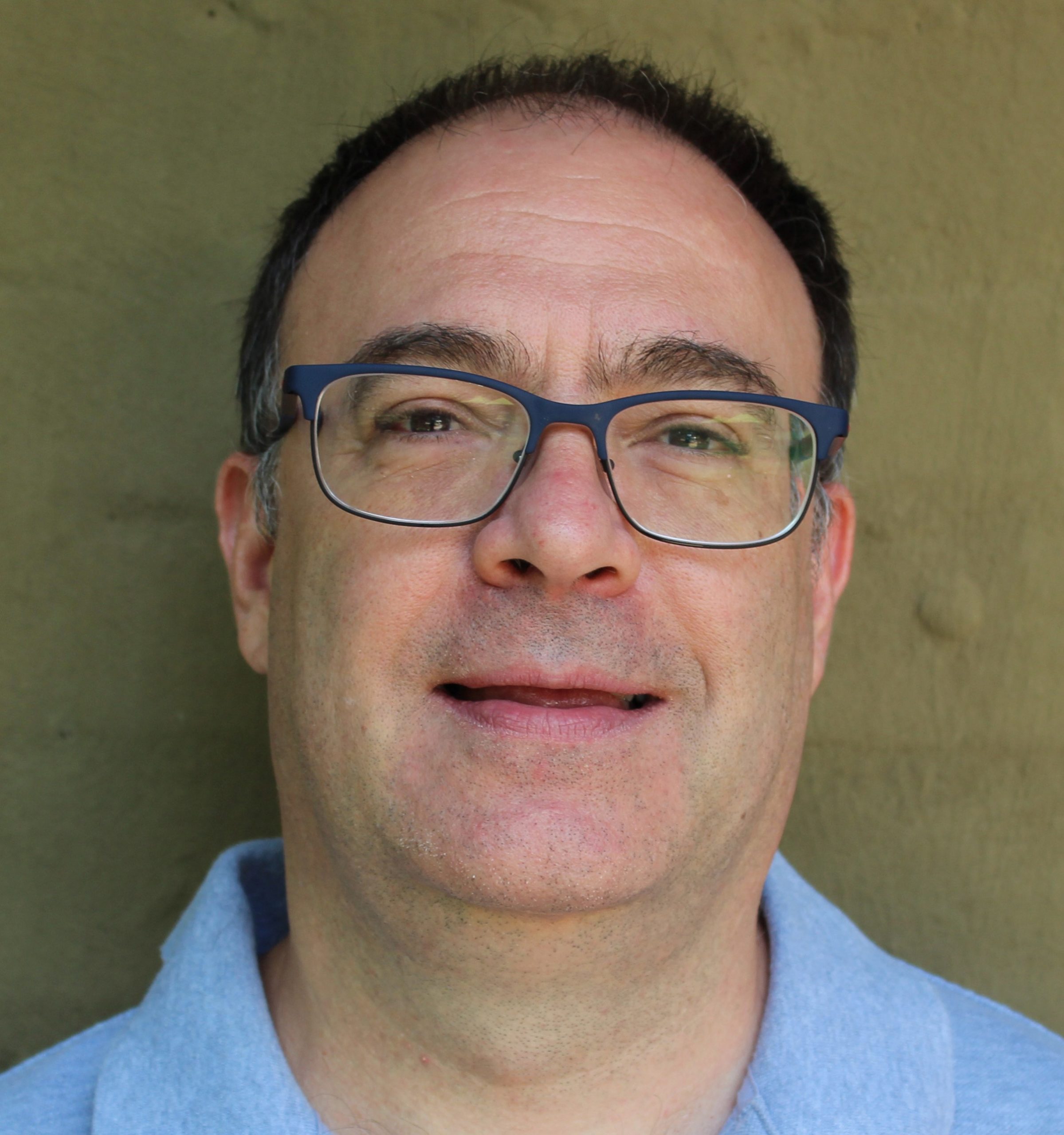click to dowload our latest edition
CLICK HERE TO SUBSCRIBE TO OUR NEWSLETTER


Published
9 months agoon
By
Steven GruzdLast week, Robert Bowers (50) received a death sentence for murdering 11 people with an automatic rifle in a synagogue in Pittsburgh, Pennsylvania, in the United States (US) on a Shabbat morning in October 2018. Bowers injured six others, including worshippers and police officers responding to the attack at the Tree of Life Synagogue, the deadliest antisemitic incident in American history. His victims included several people aged over 80. This vicious hate crime and harsh sentence has rekindled debate about the efficacy and morality of the death penalty.
South Africa, in spite of its extraordinarily high levels of violent crime, abolished capital punishment in 1995 as inconsistent with the country’s Constitution. This was the first ever judgement delivered by the new Constitutional Court. The apartheid government hanged 134 people in Pretoria Central Prison between 1960 and 1989, and the court was making a strong statement that this practice must end. Many in the country – including some political parties – have called for the reinstatement of the death penalty as a deterrent and punishment for especially heinous crimes, including murder, rape, and child abuse, thus far unsuccessfully. It remains an emotional and highly charged issue.
In Bowers’ case, the jury had to be unanimous to impose a capital-punishment sentence, and it was. Jurors rejected mitigating factors put forward by the defence that Bowers shouldn’t be put to death due to mental conditions, including being delusional, schizophrenic, and epileptic. Bowers had offered to plead guilty in exchange for a life sentence without parole, but this wasn’t accepted by the federal government’s prosecution team.
In the US, the death penalty is a political issue. Bowers’ is the second federal death-penalty case to be concluded in the Biden Administration, after 13 death row prisoners were executed in 2020 and 2021 under the Trump Administration, following a long moratorium. In his 2020 run for presidency, Joe Biden expressed opposition to the death penalty, but has taken no steps to abolish it as president in a country where state governments wield considerable power and autonomy on this matter. Leading Republican opponents like Donald Trump and Ron DeSantis are sure to criticise Biden as being soft on crime (and inconsistent) in the 2024 election campaign.
In Israel, only one person has been put to death by the courts: Adolf Eichmann. Eichmann was kidnapped from Argentina by the Mossad in 1960 and tried in Israel for his crimes during the Holocaust. He was a major figure to carry out the Third Reich’s “final solution to the Jewish question” – the murder of millions of Jews. After his trial in a three-judge court and a series of appeals, he was eventually hanged on 31 May 1962. Eichmann was cremated, and his ashes scattered at sea.
What does halacha (Jewish law) say about the death penalty? The Torah and Talmud decree capital punishment for what they consider severe sins and transgressions – by stoning, burning, decapitation, or strangulation. But according to the Talmud, the authority to apply the death sentence ended when the Second Temple was destroyed in 70 CE, and the Jewish judicial body of the Sanhedrin ceased to exist. In the 12th century, Rabbi Moses Maimonides (the Rambam) stated, “It’s better and more satisfactory to acquit a thousand guilty persons than to put a single innocent one to death.” In halacha, the death penalty has existed more as a principle than a practice, and in modern times, rabbinic authorities have left capital-punishment issues to the civil courts. In the US, all major Jewish denominations have opposed executions, although individual rabbis have sometimes supported them.
It’s far from clear whether the death penalty in fact does act as a deterrent to crime. Many would prefer perpetrators to suffer and rot in jail for the rest of their lives rather than being executed. With long appeal processes, many inmates spend years on death row in practice anyway. Studies have also shown racial bias in death sentences, and many instances of people executed later being shown to be innocent, when it’s too late. Others argue that society replicates the barbarism of criminals when putting them to death, with governments and their executioners playing G-d.
Across the world, 55 countries maintain and implement the death penalty, the majority in east and northeast Africa and across Asia. Another 23 retain the death penalty on the statute books but haven’t executed anyone in the past decade. This debate will no doubt continue.
